Capt. Olubowale Calls for Strong Public–Private Partnerships to Unlock Nigeria’s Maritime Potential
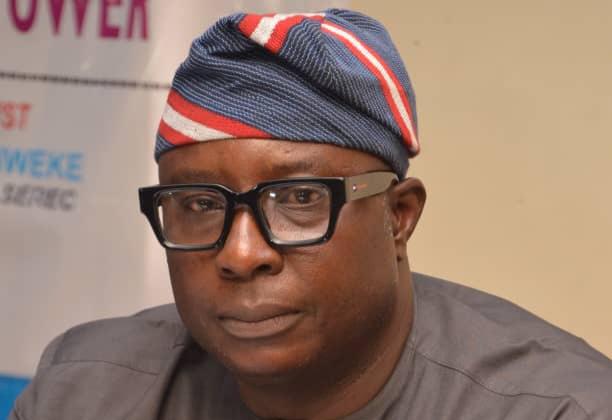
President of the African Shipowners Association (ASA) in Nigeria, Capt. Ladi Olubowale, has called for urgent collaboration between government and private sector operators to reposition Nigeria’s maritime industry for global competitiveness.
He made the appeal while speaking during the technical session of the Nigeria Maritime Conference and Exhibition (NIMAREX) 2025 on the theme “Unlocking Nigeria’s Maritime Potential Through Public–Private Partnerships (PPP).”
According to him, while the Federal Government has already established bilateral trade agreements with Brazil and the Caribbean, creating new trade corridors, Nigeria’s maritime industry has failed to take advantage of these opportunities. He noted that the aviation sector has already integrated into these agreements, but maritime operators remain “on radio silence.”
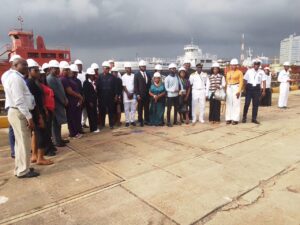
Olubowale recalled past examples where Nigerian seafarers worked successfully on vessels operating between Nigeria and Brazil, insisting that the country has the competence to revive such trade routes. He stressed that the newly signed blue economy policy must be aligned with PPP frameworks, local content laws, capital requirements and concession regulations if Nigeria hopes to maximise its maritime potential.
He commended current port concession initiatives, describing them as evidence of government commitment, but insisted that more work is required to harmonise policies and strengthen maritime infrastructure. Many Nigerian ports, he noted, are outdated and not fit for the future, especially as the global industry transitions to greener vessels and cleaner energy.
Highlighting the importance of global trade integration, Ladi said Calabar Port could serve as a strategic hub for routes extending from the Far East to Europe and across Central and West Africa. He urged regulatory agencies to strengthen local content enforcement, foster sustainability practices and improve support for maritime innovation.
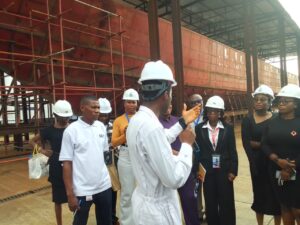
He also referenced existing case studies, including an FCC-approved PPP worth over $1 billion for NIMASA, which he said demonstrated transparency and economic potential. Many other PPP projects, he noted, are in progress but remain invisible due to poor communication within the sector.
Calling for practical action, Olubowale urged stakeholders to immediately identify at least five PPP-driven maritime projects that Nigeria can pursue between now and 2026. He emphasised that without intentional investment, Nigeria will continue to complain about the absence of ships without developing the capacity to acquire them.
He advocated for the establishment of a dedicated maritime PPP unit within the Ministry of Marine and Blue Economy, which would provide a clear list of investment opportunities for both local stakeholders and international investors. He also called for better mobilisation of development finance institutions, especially from countries like Brazil, which he said are actively looking to support viable export and shipping projects.
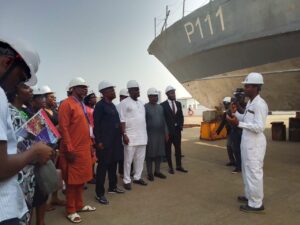
“The future belongs to us.Nobody will promote our industry more than we will. We must be intentional, vocal and strategic about where we want to take Nigeria’s maritime sector.”
“I urge Nigeria to develop a fleet of wet and dry cargo vessels that can operate along established Brazil–Nigeria and Caribbean trade routes. The success of public–private partnerships will determine the nation’s maritime future.”
The Maritime Security Providers’ Association of Nigeria (MASPAN), Emmanuel Maiguwa called for an urgent shift toward strategic, industry-wide collaboration in the Nigerian maritime sector, warning that the absence of a unified platform for stakeholder engagement is undermining policy decisions, competitiveness, and long-term sustainability.
Maiguwa highlighted the confusion created by the multiplicity of maritime associations and the conflicting demands they place on regulators.
According to him, the minister often faces contradictory requests from different industry groups ranging from barge operators to terminal operators and shipowners, making it difficult to take informed, balanced decisions. He noted that the lack of a coordinated industry structure has led to policy silos, operational inefficiencies, and decisions that do not reflect the broader interests of the maritime ecosystem.
Maiguwa, who presented a paper titled “The Imperative of Strategic Collaboration for Sustainable Growth and Global Competitiveness in the Nigerian Maritime Industry,” stressed that Nigeria’s recent maritime growth, estimated at 12% in the first half of 2025, would remain unsustainable without competitiveness driven by lower operational costs.
He warned that even with access to funding from intervention programs such as the Cabotage Vessel Financing Fund and upcoming climate financing, the industry would still struggle globally unless issues affecting cost efficiency were addressed.
Maiguwa identified key challenges limiting maritime safety, security, and environmental management. These include outdated vessel fleets, poor maintenance culture, inadequate personnel training, rising security threats in the Gulf of Guinea, and persistent environmental degradation resulting from oil spills and poor waste management.
He emphasised that despite a decline in recent piracy incidents, the Gulf of Guinea remains one of the world’s most dangerous maritime zones, and risk assessments must not overlook the region’s persistent vulnerabilities.
He noted that while Nigeria has adopted several international maritime conventions, weak enforcement and fragmented systems have limited their impact. He urged the development of strong domestic frameworks that can compete globally and even serve as models for international regulation, citing the U.S. maritime security system that later informed the International Ship and Port Facility Security (ISPS) Code.
On environmental sustainability, Maiguwa advocated for joint monitoring systems, public-private partnerships, and stronger community engagement to address pollution, habitat degradation, and declining fishery resources that affect coastal livelihoods.
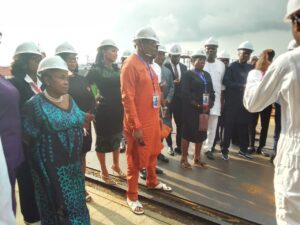
He further outlined pathways to global competitiveness, including modernization of port and shipping infrastructure, foreign direct investment, regulatory alignment with international standards, and increased technological innovation.
Maiguwa warned that Nigeria stands at a pivotal moment in its maritime development.
“Collaboration is not optional but “vital” to securing safety, security, environmental health, and economic prosperity. Only when we build and own a coordinated local system, one that aligns with international standards, operates efficiently, and remains affordable, will Nigeria achieve sustainable maritime growth and global competitiveness,” he said.
To conclude the technical session, participants were taken on a site visit to Naval Dockyard, Victoria Island that is not just a base but highly engineered for naval and civilian maritime industry work such as :ship building ,ship repair work and maintenance, dry docking, design and engineering.






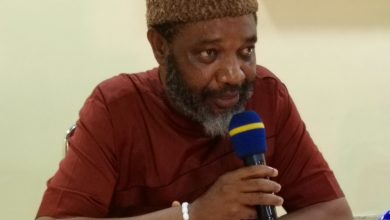
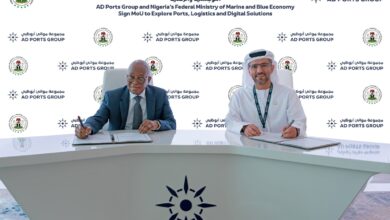
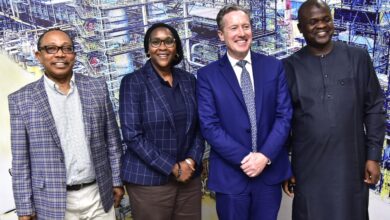
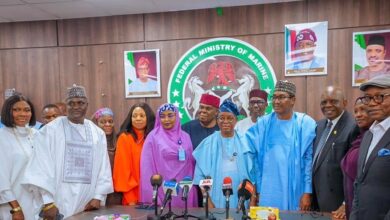
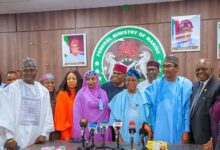

https://t.me/officials_pokerdom/4005